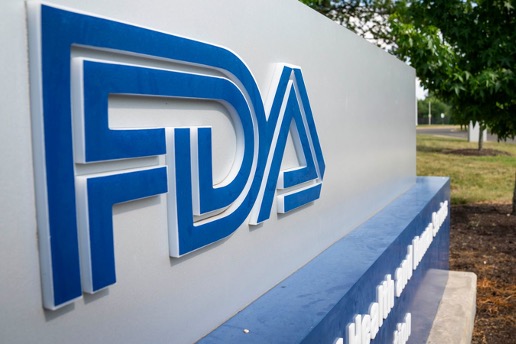



Original from: 360dx
The US Food and Drug Administration released on Monday its final rule to regulate laboratory-developed tests (LDTs).
The rule makes explicit that LDTs are in vitro diagnostics and as such are subject to oversight by the FDA under the Federal Food, Drug, and Cosmetic Act (FD&C Act).
The rule also provides an outline for how the FDA will over a four-year period phase out its previous policy of enforcement discretion with regard to LDTs. Additionally, it details certain categories of tests for which it will maintain its enforcement discretion policies.
The FDA has maintained for more than three decades that LDTs are medical devices that fall under its authority according to the FD&C Act, but the agency had declined to exercise that authority, instead adopting what it has called a policy of enforcement discretion.
More recently, however, the agency argued that its policy of enforcement discretion was no longer appropriate given the increasing complexity of LDTs and their ubiquity throughout the healthcare system, including for the diagnoses and management of life-threatening conditions. It also noted that a number of vendors had begun offering their tests as LDTs as a way of avoiding FDA regulation, even though these tests were marketed to large and diverse customer bases much like traditional IVDs.
¡°LDTs are being used more widely than ever before ¡ª for use in newborn screening, to help predict a person¡¯s risk of cancer, or aid in diagnosing heart disease and Alzheimer¡¯s," FDA Commissioner Robert Califf said in a statement following release of the final rule. "The final rule announced today aims to provide crucial oversight of these tests to help ensure that important healthcare decisions are made based on test results that patients and healthcare providers can trust."
The FDA's efforts to claim oversight of LDTs has been controversial with much of the clinical lab industry opposed to the rule. Opponents have raised concerns that FDA oversight will hamper lab innovation and flexibility, limiting test development and, ultimately, harming patient care. Opponents have also questioned whether the FDA has legal authority to regulate LDTs. Legal challenges to the final rule are widely expected.
Source: FDA Releases Final Rule on Regulation of Laboratory-Developed Tests